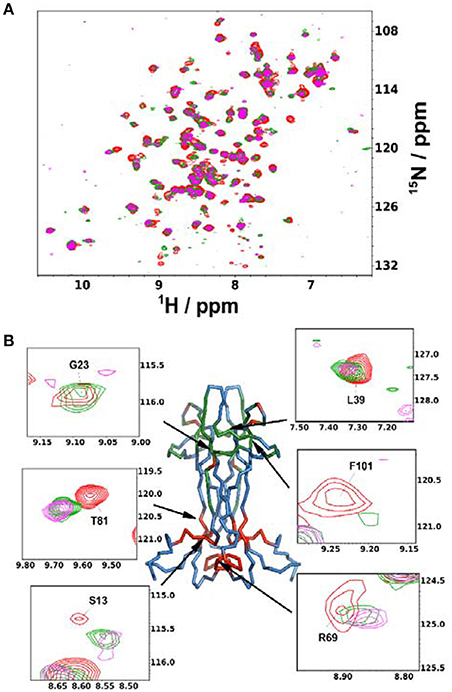Human Behavior at stake
페이지 정보

본문
Gambling is a universal human behavior that transcends cultural boundaries. While some people view gambling as a hobby , others see it as a means to seek fortune. But beyond the surface-level reasons, there is a complex web of psychological factors that drive our behavior when it comes to gambling.

One of the primary reasons we gamble is the pursuit of reward . Research has shown that the brain's pleasure center, which includes the release of dopamine , is triggered when we experience a win or a sense of accomplishment. This can create a cycle of addiction, where we become increasingly motivated to gamble in order to recapture that feel-good sensation. This phenomenon is often referred to as the "intermittent reinforcement", where we are rewarded intermittently, making us more likely to continue attempting to win.
Another significant factor is the psychological need for control. Gambling provides a sense of agency over our lives, which can be particularly appealing in situations where we feel uncertain. When we gamble, we can momentarily forget about our problems and believe that we have control over the outcome. This illusion of control can be attractive, making us more likely to continue engaging in harmful habits.
Human beings are also naturally drawn to risk. Gambling satisfies this primal urge, allowing us to experience the thrill of the unknown. This is partly due to the release of the neurotransmitter adrenaline, which is associated with feelings of excitement.
Our emotions also play a significant role in why we gamble. Many people turn to gambling as a coping mechanism for anxiety. When we gamble, we may experience a temporary relief from these feelings, creating a cycle of self-medication. Furthermore, the instant gratification|provided by gambling can be particularly appealing in today's demanding world, where we are constantly bombarded with quick fixes.
Another lesser-known factor is the psychological concept of cognitive dissonance. When we engage in behavior that goes against our values, we experience discomfort. To alleviate this dissonance, we may rationalize our behavior by convincing ourselves that we are "on a hot streak". This mental gymnastics can make us more likely to continue gambling, as we justify our actions to ourselves.
Finally, social influence can also shape our attitudes towards gambling. When those around us gamble, it can create a sense of social acceptance and make it seem more acceptable. Advertisements can also reinforce our desire to gamble, making it seem like a desirable activity.
In conclusion, 1bet the psychology behind why we gamble is complex and multifaceted. While there is no single reason, a combination of factors including the pursuit of reward, need for control, adventure-seeking, self-medication, cognitive dissonance, and social influence all contribute to our behavior. Understanding these psychological drivers can help us make more wise decisions about our relationship with gambling and promote more sustainable approaches to leisure.
- 이전글Top Poker Casinos: A Comprehensive Guide to the Best Venues for Poker Enthusiasts 25.07.23
- 다음글Play m98 Gambling enterprise Online in Thailand 25.07.23
댓글목록
등록된 댓글이 없습니다.

